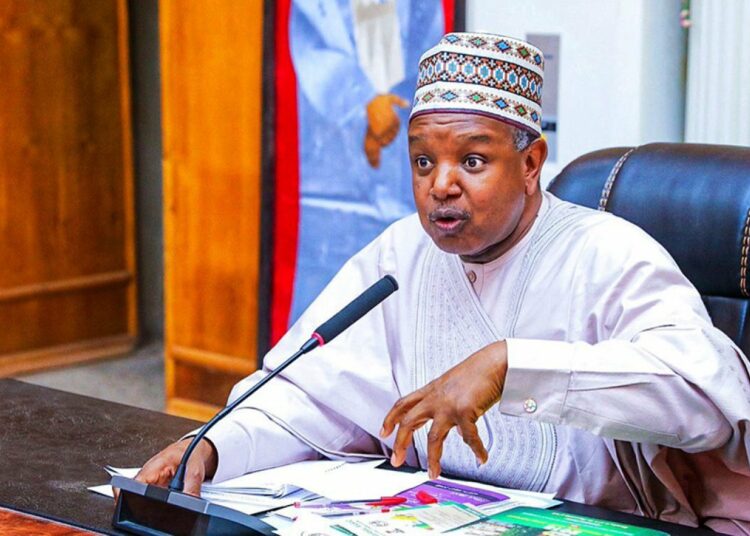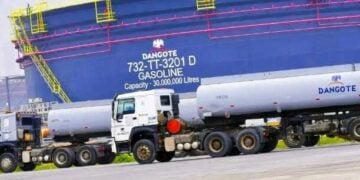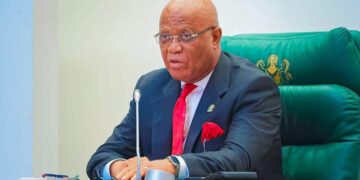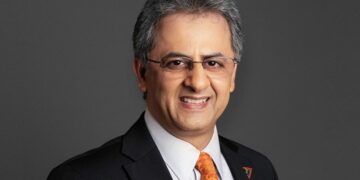The Federal Government has appealed to the United Nations to support Nigeria in securing long-term financing to tackle the growing humanitarian challenges linked to internal displacement across the country.
Minister of Budget and Economic Planning, Senator Abubakar Bagudu, made the appeal on Wednesday in Abuja during a roundtable on Humanitarian Development, Peacebuilding Approaches to Durable Solutions for Internally Displaced Persons (IDPs), according to a statement that was issued by the Director of information at the ministry, Julie Osagie Jacobs.
Bagudu said the government was seeking access to about $10 billion in long-term credit at a 4 percent interest rate to effectively respond to the country’s humanitarian and developmental needs. According to him, the proposed funding could be deployed to create wealth and sustainable livelihoods for millions of internally displaced persons in Nigeria.
“If we have access to $10 billion at 4%, we can deploy it to address the humanitarian challenges confronting our country. Such funding will not only ease the burden of displacement but also create wealth for our people,” the minister stated.
He explained that humanitarian funding from development partners was no longer sustainable due to dwindling global aid flows, stressing the need to explore innovative financing through capital markets for long-term investments.
“The grants we used to rely on are decreasing. We need to think differently by raising long-term funds that can yield sustainable solutions. The Federal Government’s macroeconomic policies are already being reformed to curb waste and enable all tiers of government to handle developmental issues more efficiently,” Bagudu said.
The minister further highlighted that the government deliberately increased allocations to states to empower them to undertake more development-focused projects, particularly in infrastructure and social investment. He said the Renewed Hope Ward-Based Development Plan and the Solutions for the Internally Displaced and Host Communities (SOLID) initiative—both introduced under President Bola Tinubu’s administration—would help identify and scale up economic opportunities across Nigeria’s 8,809 wards.
Also speaking, the Minister of State for Humanitarian Affairs and Poverty Reduction, Dr. Yusuf Sununu, emphasized that durable humanitarian solutions must shift from short-term emergency responses to long-term national resilience strategies.
“Durable solutions must evolve from response to prevention, from donor dependency to national leadership, and from fragmented action to whole-of-government accountability,” Sununu said.
He raised concern over the steep reduction in external funding for humanitarian programmes, warning that it could threaten the continuity and scale of ongoing interventions. Nonetheless, he commended the government’s collaboration with development partners, saying it would turn the current humanitarian challenges into opportunities for inclusive growth and stability.
In his remarks, the United Nations Resident and Humanitarian Coordinator in Nigeria, Mr. Mohammed Fall, lauded the Federal Government’s efforts in addressing humanitarian crises in Borno, Yobe, Adamawa, and parts of the North Central region.
Fall reaffirmed the UN’s commitment to supporting Nigeria in restoring the dignity and livelihoods of internally displaced persons, stressing that recovery and reintegration were essential for national peace and development.
The roundtable also had in attendance representatives from the National Commission for Refugees, Migrants and Internally Displaced Persons (NCFRMI), the Institute for Peace and Conflict Resolution (IPCR), and the Office for Strategic Preparedness and Resilience (OSPRE), among others.





